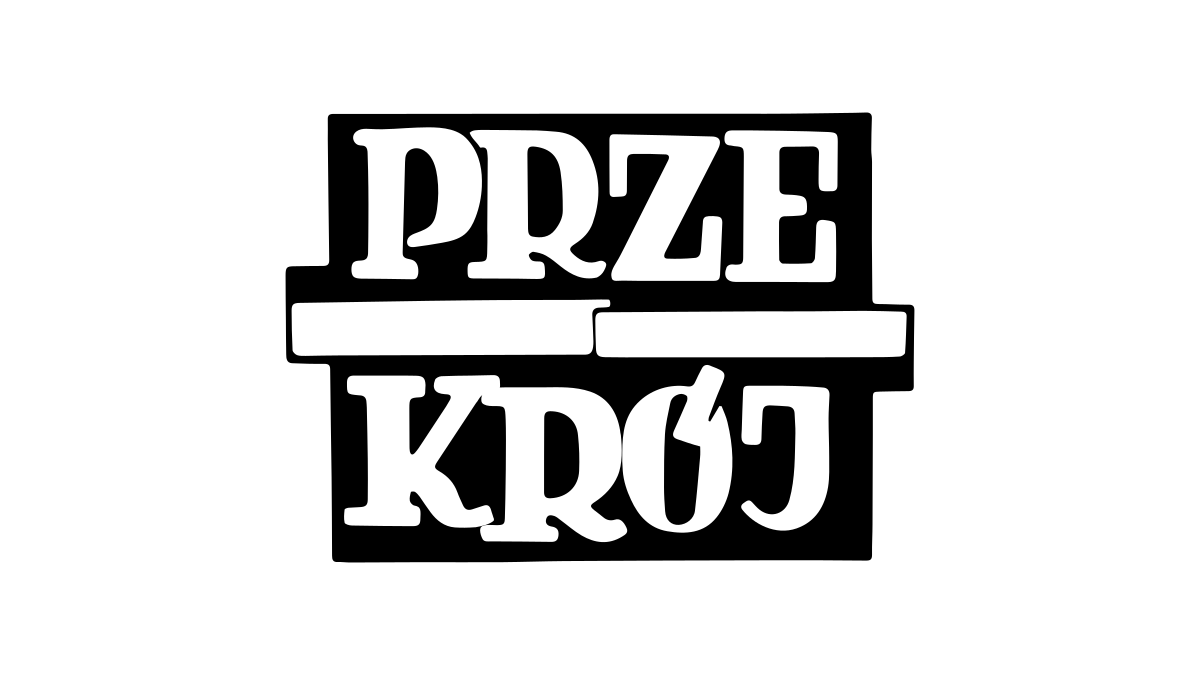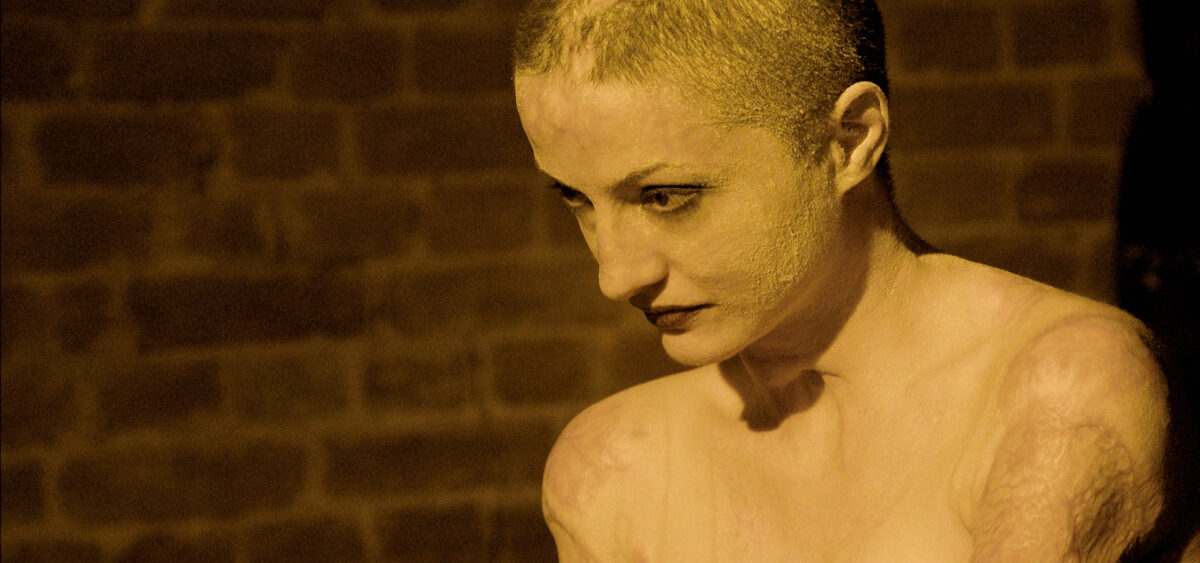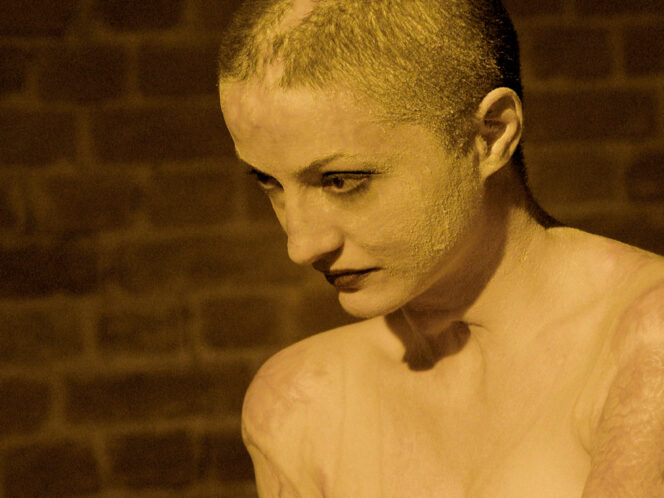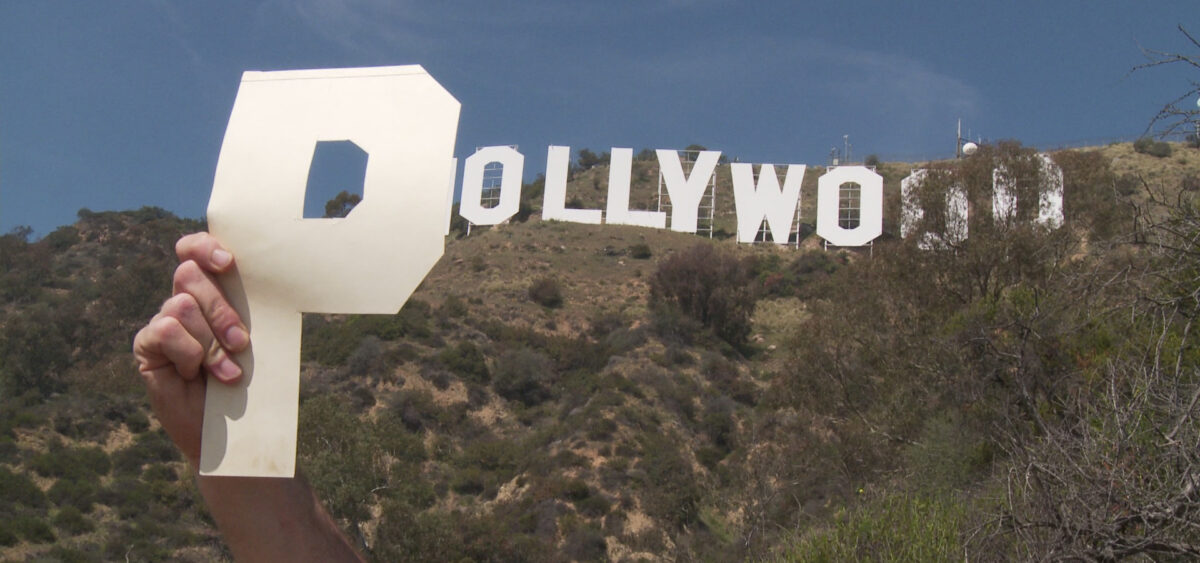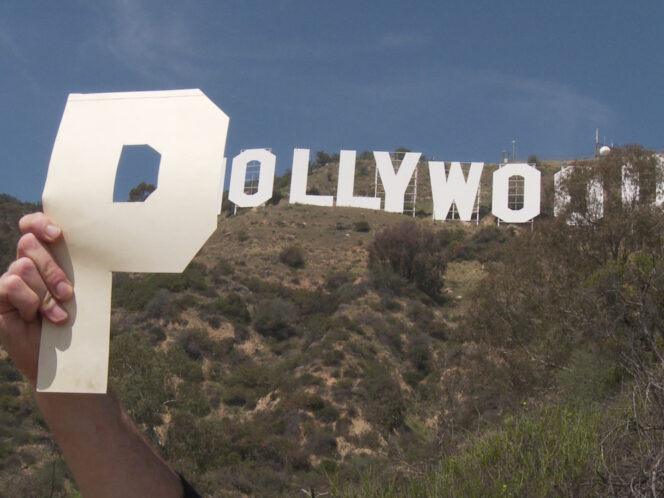
It all started on 30th October 2015 when the popular Bucharest nightclub Colectiv burned to the ground as a consequence of careless use of pyrotechnics at a concert. Although the place was approved by the proper authorities, there were not sufficient fire exits. Thus, 27 young people died in the fire, while 180 suffered heavy burns and injuries. As a result, people all over Romania took to the streets to protest against the corruption and gross negligence of those responsible. Actually, it started much earlier, as the Colectiv tragedy and its subsequent victims (37 of the survivors died during the following months, many due to mishandling by ill-prepared hospitals) revealed countless skeletons in the nation’s closet. Nevertheless, Alexander Nanau, the director of the brilliant whistleblowing documentary Collective, which chronicles the social and political turmoil in Romania, sees light at the end of the tunnel.
Dariusz Kuma: In the documentary, the Colectiv tragedy is a fait accompli, and rather a starting point for a journalistic investigation and government reshufflings caused by the social uproar. Was it the fire that made you shoot the film, or what happened after?
Alexander Nanau: In the beginning, we were triggered by the Colectiv incident. It was a national tragedy and a huge shock for everyone. Literally a traumatic event for the whole country. Then, when people took to the streets, myself and Hanka Kastelicová from HBO Europe felt that something new was happening in the immature Romanian democracy. That the young generation was finally claiming back their society and their state from a corrupt and inefficient political class. Those were the biggest demonstrations since the revolution of the 1990s. In a way, we began working on Collective to understand how this huge tragedy could initiate a potentially positive change. Everything else basically took shape during filming. We looked for interesting characters we could follow, people through whose eyes we could reflect on the whole Romanian society, though without doing any direct interviews. I strongly believe in the
